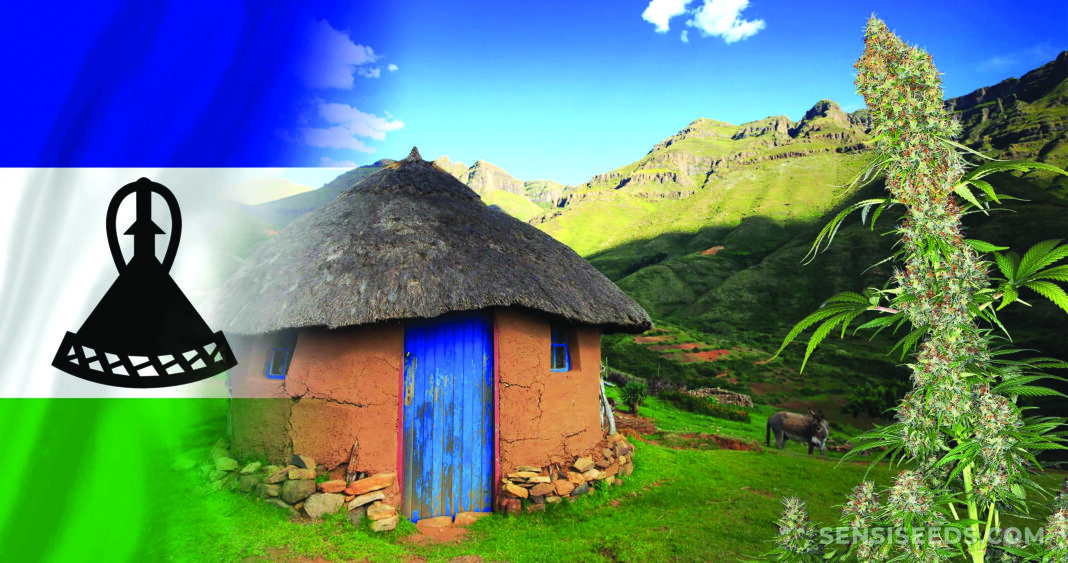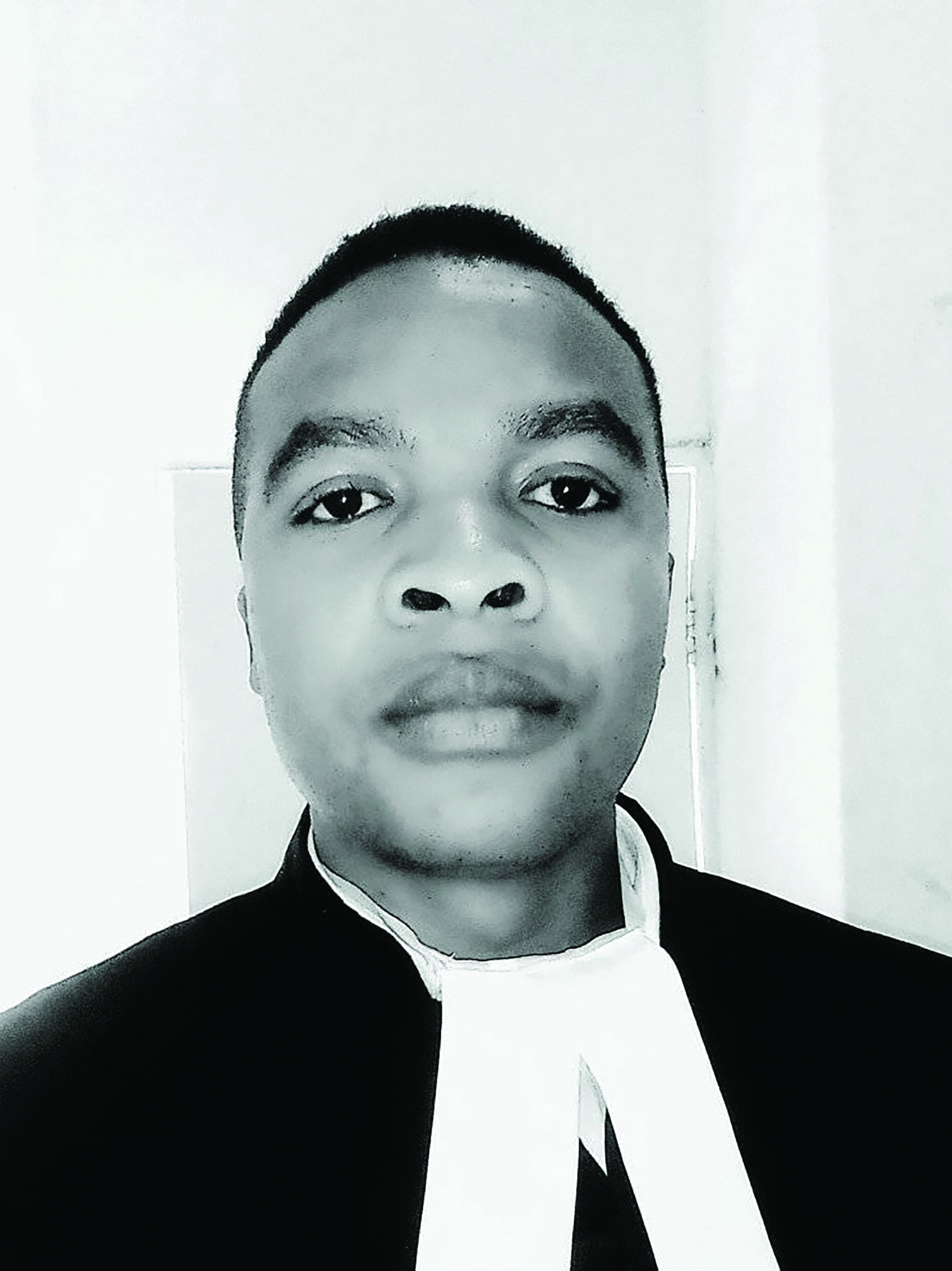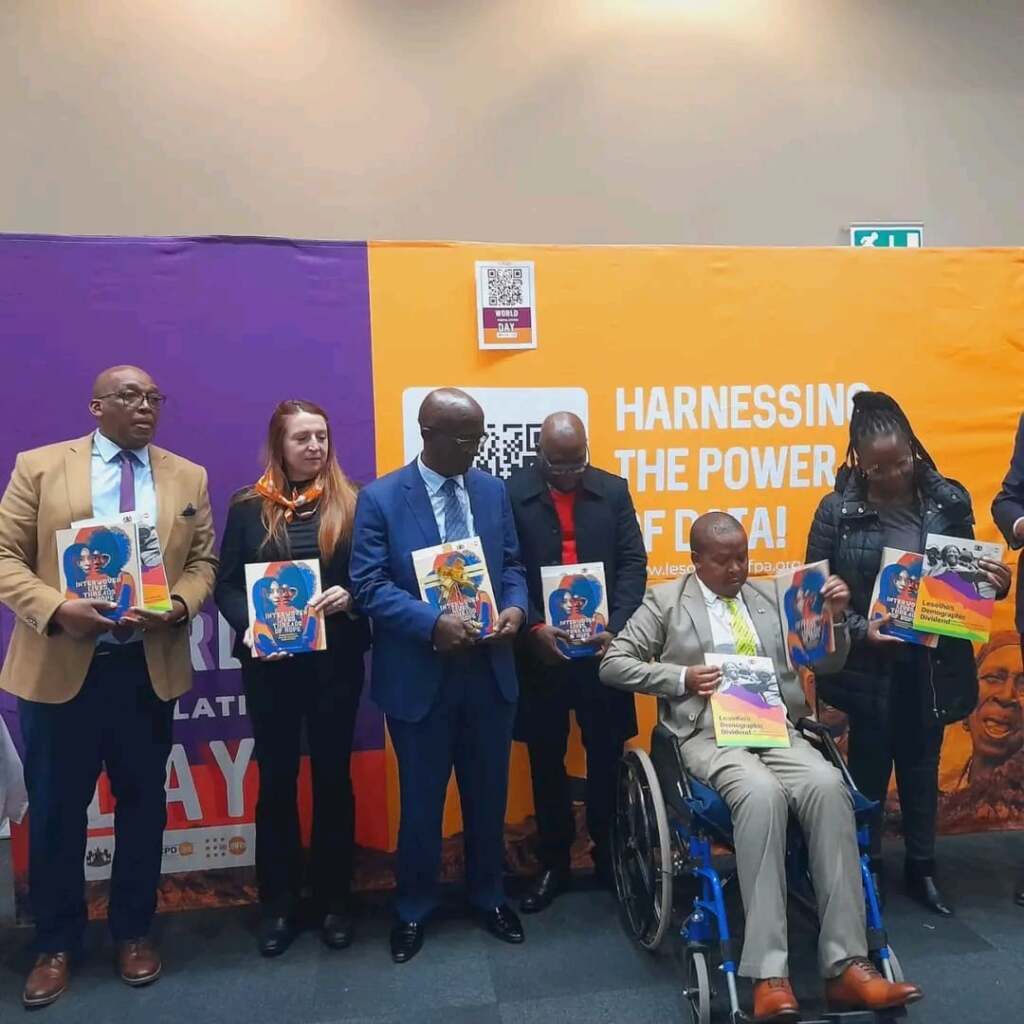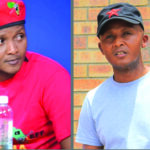Likhapha Ntlo-Ea-Lefu
Recently, I have found myself reminiscing about the opening line of Chapter 3 in Zora Neale Hurston’s Their Eyes Were Watching God.
It reads, “There are years that ask questions and years that answer.” This sentiment has lingered in my thoughts, especially as I wrestle with pressing questions about Lesotho’s economic development.
Why is Lesotho so beset by economic challenges? Why are so many Basotho still mired in the depths of extreme poverty, hunger, and unemployment?
These questions gnaw at my mind, demanding answers.
As a nation, we have had – and continue to have – vast opportunities to confront and address our economic disparities, yet we repeatedly fall short. Despite our abundance of natural raw materials, we have failed to make meaningful strides in leveraging them to transform our material conditions.
Unlike Botswana, which provides a fair comparison, we squandered the opportunities presented by our immense natural wealth. While Botswana successfully capitalised on its resources to drive economic development, we missed crucial chances to do the same, leaving us to grapple with persistent challenges.
In 1986, we squandered a pivotal opportunity for development when the military regime of Major General Justin Metsing Lekhanya signed the Lesotho Highlands Water Project (LHWP) Treaty with South Africa’s apartheid regime.
This agreement marked the beginning of Lesotho’s hydro-colonisation by South Africa, as the treaty disproportionately favours South Africa, leaving Lesotho with meager benefits from its own natural resources.
The exploitation of indigenous communities has been a recurring issue in the implementation of both Katse Dam (Phase I) and Polihali Dam (Phase II). Concerns about human rights violations are frequently raised, yet they remain largely unaddressed.
Moreover, South Africa’s interventions and mediations in Lesotho’s political affairs – ostensibly aimed at fostering peace and stability – are often driven by its vested interest in safeguarding its access to Lesotho’s water resources, placing economic and political pressure on an already fragile nation.
We also missed the chance to turn our mining industry into a sustainable economic driver. Instead, lopsided contracts allowed European-based companies to reap immense profits while leaving Lesotho with mere crumbs.
Even those meager gains were tainted by unbridled corruption and incompetence, as politicians and civil servants plundered resources without facing accountability. Now, with the global diamond market in decline, Lesotho has little to show for being a producer of high-quality diamonds.
Amid skyrocketing unemployment, the retrenchment of mineworkers has become a harsh reality, further deepening our economic woes.
As if this litany of failures were not enough, we undermined a promising wool and mohair market by empowering a Chinese national who, with the complicity of politicians, swiftly defrauded farmers. We squandered the immense potential of the cannabis (marijuana) industry. We botched our public-private partnership with Netcare. We became entangled in the poorly managed Solar Frazer project.
Moreover, we repeatedly bailed out multinational corporations, even as they flagrantly violated tax regulations, costing us millions that we are unable to recover. These missteps have left us grappling with lost opportunities and a crumbling economic foundation.
These unscrupulous decisions have painted Lesotho as a fragile and diminutive economy, a vulnerable enclave heavily reliant on foreign aid and investors for its survival. We have overlooked the critical need to balance the intense financialisation of our economy, particularly the outflows and inflows of money.
At present, outflows far exceed inflows, as vast sums legally leave the country to pay for goods and services, while additional funds are illicitly siphoned out. In both cases, this money is rarely, if ever, fully recovered.
This imbalance underscores the importance of strengthening basic services like healthcare and education within our borders. By prioritising these fundamental needs, we can create lucrative job opportunities, foster infrastructure development, and reduce economic dependence on external forces.
Guided by Zora Neale Hurston’s words, I recognise that while the question of economic development has lingered through fifty-eight years of independence, the answers have long been evident: they lie in the competent management of our natural resources and the strategic execution of prospective projects.
Yet, as a nation, we have failed to act on these answers.
Our primary affliction remains the persistent vacuum in political leadership, compounded by the insidious plague of corruption. We lack decisive, strategic, and enlightened leaders.
Instead, at the helm of the current leadership, we see brazen theft carried out with impunity by politicians, civil servants, and their accomplices, ‘ice-boys’, who plunder the nation’s resources without consequence.
This entrenched culture of corruption has robbed us of the ability to address our economic challenges effectively, leaving us mired in stagnation and missed opportunities.
However, the blame for our nation’s economic disparities cannot rest solely on the shoulders of politicians. The rest of us must also be held accountable. For fifty-eight years, we have tolerated political leaders who trample on us with their cyclical personalities and pork-barrel politics, masquerading as messiahs to our plight while being the truest villains.
We have rarely challenged their decisions in any meaningful or collective way, giving them the audacity to consider signing 99-year contracts with disastrous consequences for both present and future generations to establish Special Economic Zones.
Their actions have yet to provoke the collective outrage necessary to hold them accountable. Instead, we have repeatedly elected individuals unworthy of leadership, a reflection of our lack of political and socio-economic consciousness.
As Phindile Kunene aptly observes, it is on the floor.
Summary
- As a nation, we have had – and continue to have – vast opportunities to confront and address our economic disparities, yet we repeatedly fall short.
- South Africa’s interventions and mediations in Lesotho’s political affairs – ostensibly aimed at fostering peace and stability – are often driven by its vested interest in safeguarding its access to Lesotho’s water resources, placing economic and political pressure on an already fragile nation.
- As if this litany of failures were not enough, we undermined a promising wool and mohair market by empowering a Chinese national who, with the complicity of politicians, swiftly defrauded farmers.

Your Trusted Source for News and Insights in Lesotho!
At Newsday Media, we are passionate about delivering accurate, timely, and engaging news and multimedia content to our diverse audience. Founded with the vision of revolutionizing the media landscape in Lesotho, we have grown into a leading hybrid media company that blends traditional journalism with innovative digital platforms.








